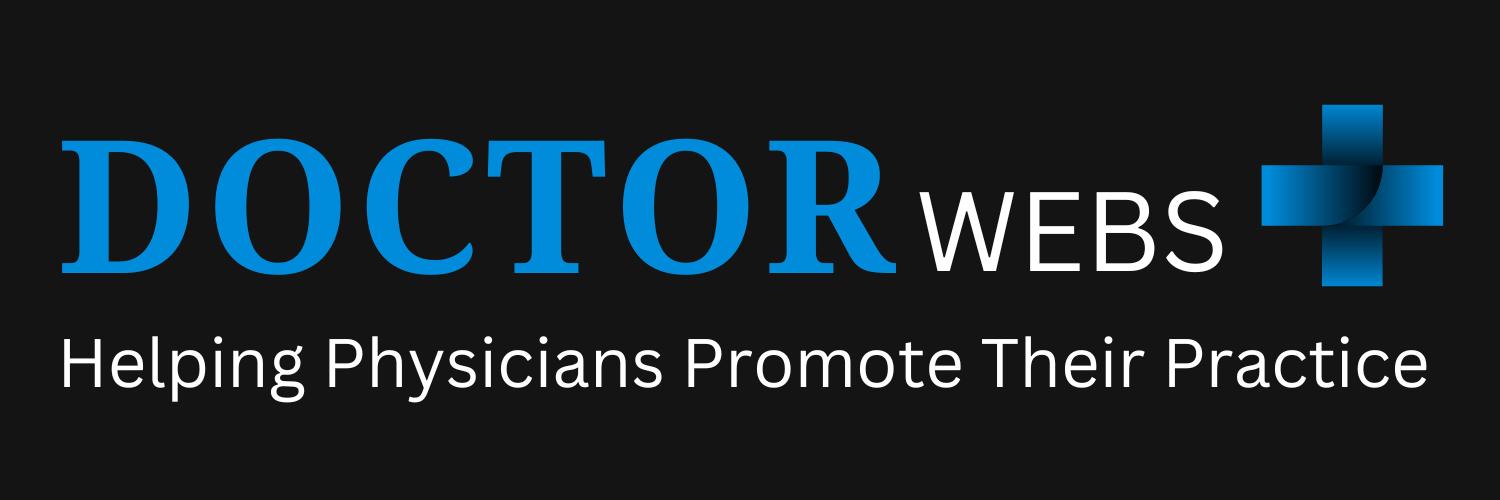Medical Genetics
 American Board of Medical Genetics
American Board of Medical Genetics
9650 Rockville Pike
Bethesda, MD 20814
phone: (301) 634-7315
www.abmg.org
Medical Geneticists
specialize in medicine that involves the interaction between genes and health. They are trained to evaluate, diagnose, manage, treat and counsel individuals of all ages with hereditary disorders. This specialist uses modern cytogenetic, molecular, radiologic and biochemical testing to assist in specialized diagnostic evaluations, implement needed therapeutic interventions and provide genetic counseling and prevention through prenatal and preimplantation diagnosis. The Medical Geneticist plans and coordinates screening for genetic diseases involving single gene and chromosomal disorders, congenital anomalies, inborn errors of metabolism, multifactorial conditions, and common disorders with hereditary factors.
Specialty training required prior to Board Certification: Two to four years
To become certified in a particular area of Medical Genetics, a physician must complete additional training before, during or after residency as specified by the Member Board.
The American Board of Medical Genetics issues multiple general certificates in the following areas of Medical Genetics.
Clinical Biochemical Genetics
A Clinical Biochemical Geneticist demonstrates competence in performing and interpreting a wide range of specialized, laboratory biochemical analyses relevant to the diagnosis and management of inherited metabolic disorders. The specialist acts as a consultant regarding laboratory diagnosis on a broad range of biochemical genetic disorders.
Clinical Cytogenetics
A Clinical Cytogeneticist demonstrates competence in performing and interpreting laboratory diagnostic tests involving the relationship between the structure and number of chromosomes associated with inherited and acquired disorders, including cancer. This specialist is a consultant regarding laboratory diagnosis of this broad range of disorders.
Clinical Genetics (MD)
A Clinical Geneticist demonstrates competence in providing comprehensive diagnostic, treatment, management and counseling services for individuals and families at risk for clinical disorders with a genetic basis. The specialist is trained to evaluate individuals of all ages who are at risk for hereditary conditions.
Clinical Molecular Genetics
A Clinical Molecular Geneticist demonstrates competence in performing and interpreting molecular analyses relevant to the diagnosis and management of human genetic diseases, and is a consultant regarding laboratory diagnosis of a broad range of inherited disorders.
Subspecialties:
To become certified in a particular subspecialty, a physician must complete additional training as specified by the Member Board.
Medical Biochemical Genetics
A Medical Biochemical Geneticist demonstrates competence in the diagnosis, medical treatment and management of individuals with inherited metabolic conditions presenting clinically from infancy through adulthood, including via newborn screening. The subspecialist provides direct care and consultative care for individuals of all ages who are diagnosed with inborn errors of metabolism.
Molecular Genetic Pathology
A Molecular Genetic Pathologist is expert in the principles, theory and technologies of molecular biology and molecular genetics. This expertise is used to make or confirm diagnoses of Mendelian genetic disorders, of human development, infectious diseases and malignancies and to assess the natural history of those disorders. A Molecular Genetic Pathologist provides information about gene structure, function and alteration and applies laboratory techniques for diagnosis, treatment and prognosis for individuals with related disorders.
